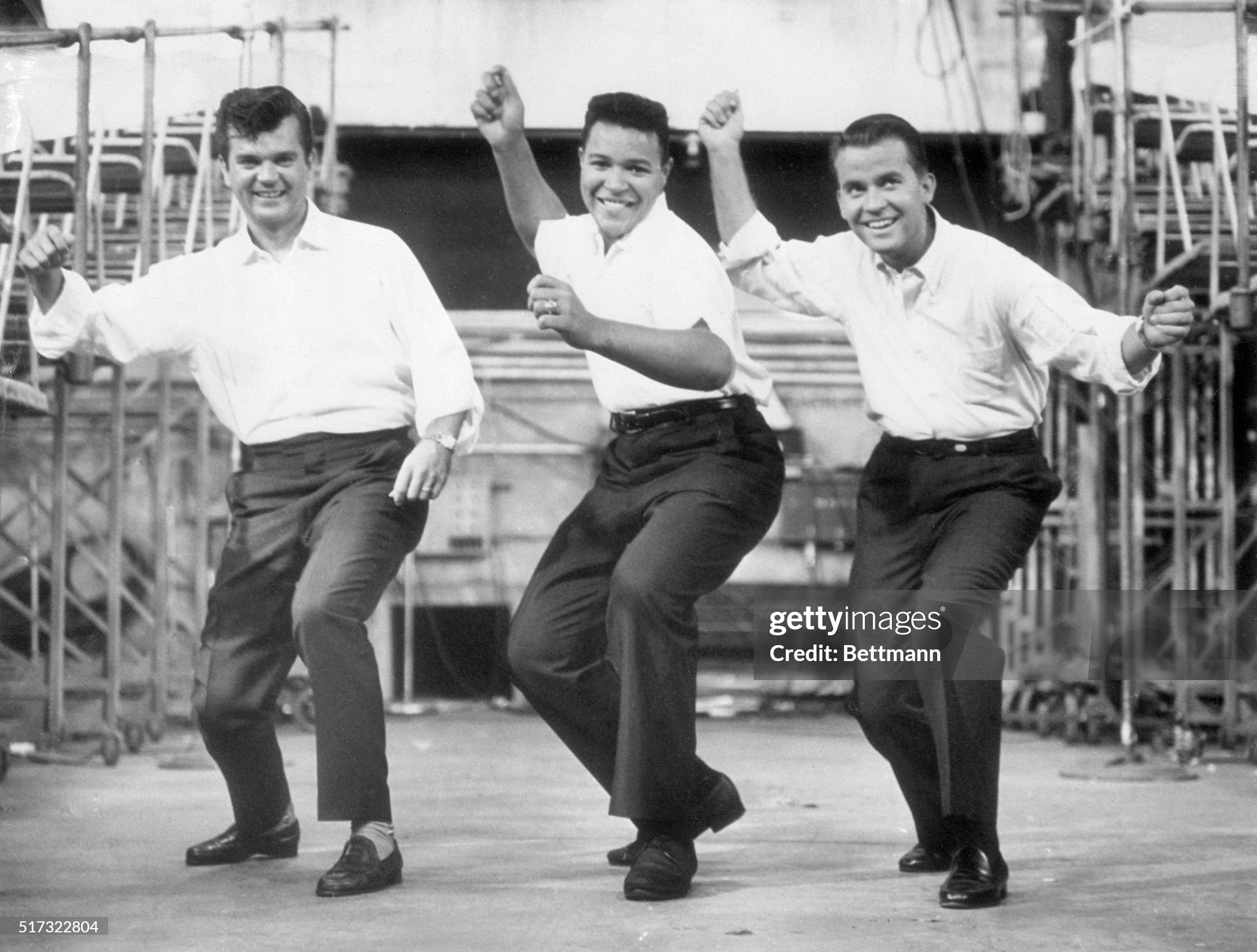
A sultry promise in work boots—Conway Twitty’s “Slow Hand” trades brass-band spectacle for a Bakersfield glow, turning want into patience and making grown-up desire sound like good manners.
Set the anchors first so the memories have something true to lean on. “Slow Hand” was written by John Bettis and Michael Clark, made famous in 1981 by the Pointer Sisters (Hot 100 #2, Gold-certified). Twitty cut his version for Southern Comfort and issued it as a single in 1982 after moving to Elektra Records; the record climbed to *#1 on Billboard’s Hot Country Singles for two weeks (June 19 & 26, 1982)**—his last multi-week country No. 1—and also reached #6 on Canada’s RPM Country chart. Southern Comfort itself arrived in February 1982, produced by Conway Twitty and Jimmy Bowen. The U.S. 45 (Elektra E-47443) carried “When Love Was Something Else” on the flip.
That ledger tells a little story about translation. The Pointer Sisters’ hit—silky, urban, and accented by Richard Perry’s pop sheen—named a way of loving that favors patience over fireworks. Twitty keeps the premise but changes the temperature. Out go the horns; in come Telecasters and a rhythm section that sits a breath behind the beat—reassuring, not insistent. Where the original purrs, Twitty leans forward with that river-stone baritone, adjusting the lyric’s perspective for a male narrator without losing its tenderness. The result isn’t a stunt; it’s a re-homing—the same house, different light bulbs.
You can hear the Bowen/Twitty production fingerprint immediately. The drums mark time like a job you know how to do; the bass escorts the harmony rather than shoving it; guitars answer in short, conversational flickers and then step back. Twitty sings close to the mic, never forcing the hook, because the point isn’t conquest—it’s care. The groove is dance-floor ready, but it’s also kitchen music: warm, modest, scaled to real rooms. That balance—modern polish without slickness—was part of why Southern Comfort yielded two No. 1s (“The Clown” and “Slow Hand”) and why the single felt at home on AM radios and jukeboxes alike.
The context sweetens the listen for older ears. Twitty was decades deep into a career of quiet reinvention, and the label hop to Elektra signaled a fresh coat of paint without abandoning his center. Choosing a recent pop smash might have read as a trend-chase for a lesser singer; for Twitty it played like curation. He took a song already proven in the marketplace and translated it into his grown-man grammar, which is how you get a crossover without ever leaving home. Contemporary retrospectives even mark those two June 1982 weeks at the top as a last multi-week run—one more proof that the old master still knew what fit his voice and his audience.
And then there’s the feel, which is where “Slow Hand” earns its permanent address. Listen for the little mercies: the snare’s dry snap that closes like a screen door, firm but never cruel; the guitars that witness rather than grandstand; the way Twitty rounds the title phrase so it lands more like an invitation than a boast. The lyric’s gentleness—take your time, be here, be kind—arrives not as sermon but as procedure. Plenty of songs tell you what passion looks like in neon; this one shows you what it sounds like when the lights are low and the people in the room know each other’s lives.
A note on lineage for the scrapbook set: Bettis and Clark wrote the tune; the Pointer Sisters put it on the map in 1981 (Planet label, from Black & White), peaking just under “Endless Love.” Twitty repurposed the words with minor changes for a male voice, cut them into his Elektra sound, and—guided by Jimmy Bowen in the booth—delivered an interpretation that topped country radio while honoring the song’s original dignity. It’s a compact lesson in how Nashville has always talked to pop and back again.
Scrapbook pins, neat and true
- Artist: Conway Twitty
- Song: “Slow Hand” — writers: John Bettis / Michael Clark; US Country #1 for two weeks (June 19 & 26, 1982); Canada Country #6.
- Album: Southern Comfort (Elektra, Feb 1982); producers: Conway Twitty & Jimmy Bowen.
- Origins: First hit by The Pointer Sisters (1981; Hot 100 #2, RIAA Gold).
- Single details: U.S. 7″ E-47443; B-side: “When Love Was Something Else.”
Put it on tonight and notice how the room changes temperature. Nothing flashy; everything sure. The beat steadies, the corners warm, and a singer who spent a lifetime making romance sound adult reminds you that the most persuasive promises are the ones that keep their time. That’s the lasting charm of “Slow Hand” in Conway Twitty’s hands: it doesn’t rush you—it keeps you.